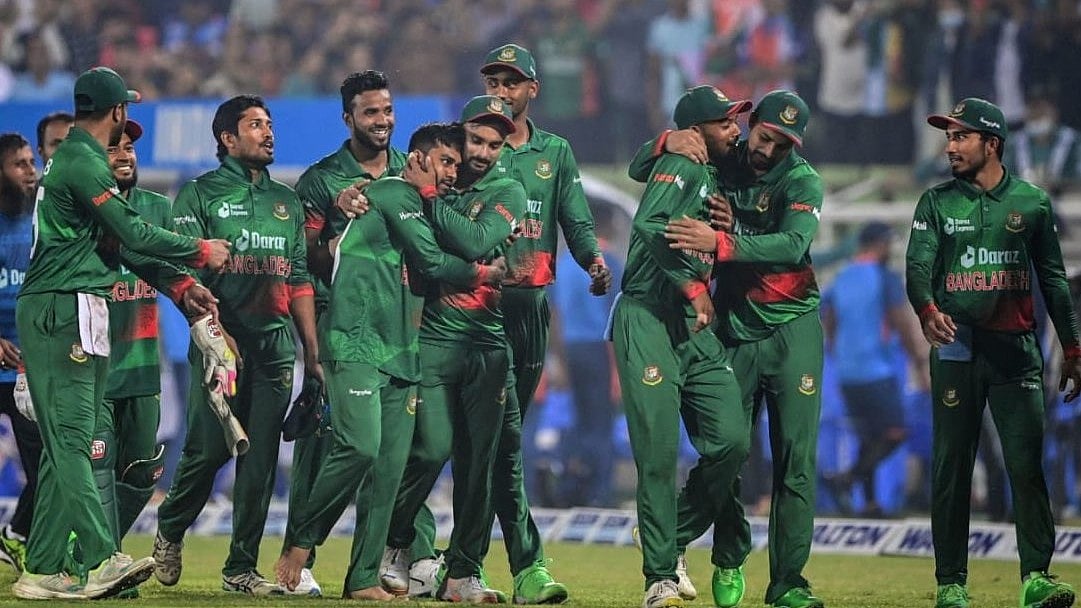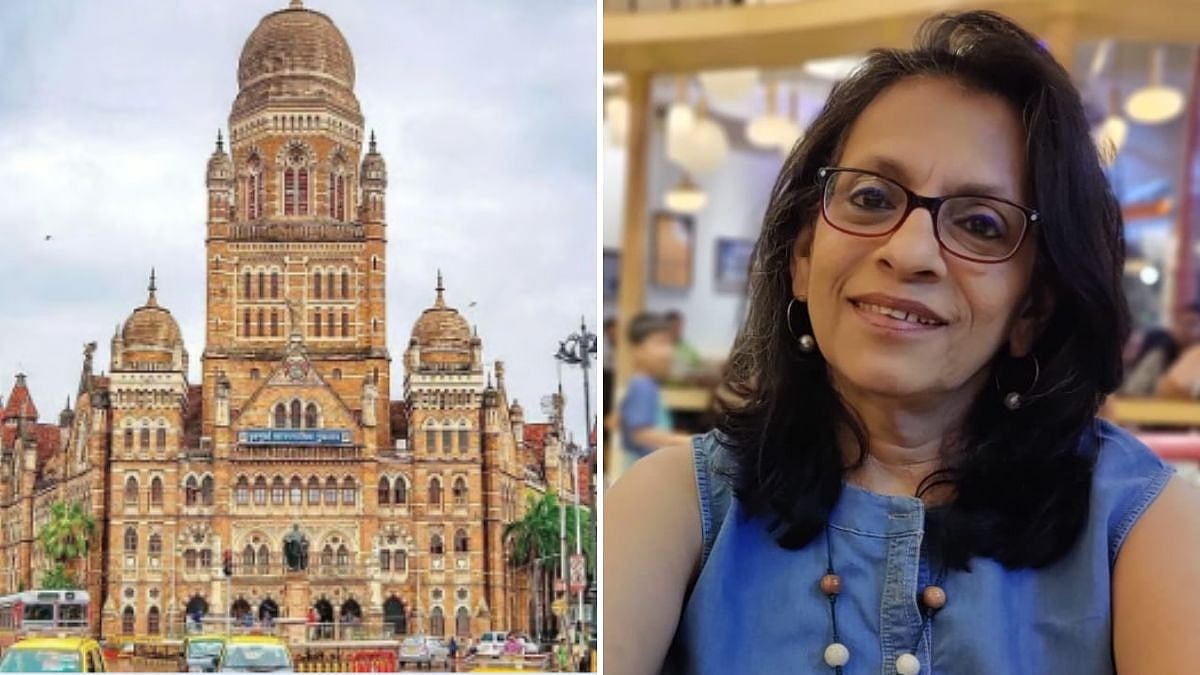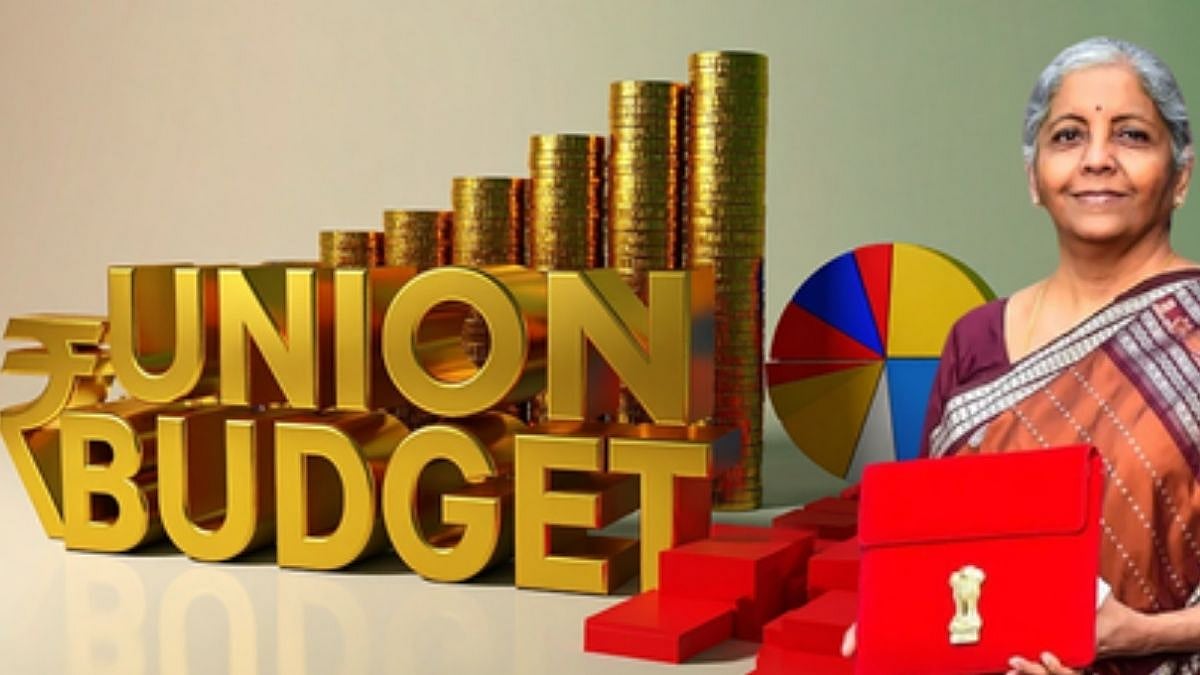Such is the power of truth that it cannot be suppressed, no matter what.
It is therefore, not at all surprising that our national emblem is majestically adorned with the immortal words, ‘Satyamev Jayate’, Truth Alone Triumphs.
Like flowing water which finds its way to the ocean one way or the other, truth also has a way of surfacing, one way or the other.
Ever since the February 15, 2024 historic judgement of the Supreme Court declaring the Electoral Bonds Scheme as "unconstitutional and manifestly arbitrary" as it violated the voters right to information on political funding under Article 19(1)(a) of the Constitution,all attention has been focused on the disclosure of political funding data with the State Bank of India (SBI). This data, hitherto hidden from the public, was finally disclosed on Thursday, promising to unravel the source of funding to political parties under the scheme.
Free and fair elections are at the very core of democracy and therefore it is of utmost importance that the fullest transparency is ensured with respect to Electoral Bonds. This was precisely the reason why the Supreme Court of India’s 5-judge Constitution Bench led by Chief Justice of India YV Chandrachud spared no efforts to secure the fullest details on the electoral bonds from the State Bank of India (SBI), the bank authorised to issue electoral bonds.
Introduced in The Finance Bill, 2017 by the BJP government, the scheme allowed for anonymous financial contributions to political parties. It was notified by the government in 2018 and the bonds could be purchased by any Indian citizen or organisation after fulfilling KYC norms, in denominations ranging from Rs 1,000/- to Rs One Crore and given to political parties of their choice.
The political parties in turn encashed these bonds for their election kitty. The BJP government claimed that the purpose of the electoral bonds scheme was to curb the rampant use of black money during elections, an argument that was dismissed by the SC.
The BJP has been the top recipient of the bonds since the inception of the scheme having received a cumulative funding of more than Rs. 8,451 crore. It was followed by the Congress (Rs 1,950 cr); Trinamool Congress (1,707 cr) and the BRS (Rs 1,407 cr). Interestingly, the BJP in its submission to the Election Commission in November 2023 had stated that it did not have the details of its donors as it was not required by law to maintain the details.
On the face of it, electoral bonds are anonymous as they do not bear the names of purchaser or recipient political party. However, each electoral bond carries a unique alpha-numeric number with the help of which the name of the purchaser and recipient political parties can be established. The SBI had withheld this vital information all along under various pretexts. But finally, when reprimanded by the SC with a 21st March ultimatum, the SBI submitted all the details and the Chairman Dinesh Kumar Khara filed a compliance affidavit stating that all details had been disclosed, including the unique numbers of the bonds.
The constitutionality of these bonds was challenged in the SC by the Association for Democratic Reforms (ADR), Common Cause and Communist Party of India (Marxist) through its Writ Petition (Civil) No.880/2017 against the Union of India and others. In addition to its constitutionality, the case primarily raised three other key issues:did it violate the rights of voters to information; can the bonds be anonymous to protect the right of donors to privacy, and whether the scheme threatened the democratic process and the conduct of free and fair elections.
The 77-year-old transparency and Right to Information activist Commodore Lokesh Batra (Retd) was the first to crusade against the bonds ever since they were announced in 2017. Many of his revelations secured through RTI were picked up for further investigations by The Reporters Collective, a group of journalists working on this case.The then Quint journalist Poonam Agarwal actually purchased two bonds of Rs 1,000 and brought to light that each carried a unique alpha-numeric number which could be read only under UV light. All this work helped throw greater light on these controversial bonds.
If the wont of the government of the day is to bring institutions to their knees; manipulate them; compromise their integrity and keep the citizenry in darkness; then the people need to wake up and do certain things. Arun Shourie had once said that in challenging times, it is people from within institutions themselves who help expose the truth in various ways.
Thus, most investigative stories are a result of key details/information/documents passed on anonymously or in confidence to journalists; activists and members of the opposition. Something similar could well have happened to the SBI had the disclosures not been made officially.
In a dramatic case last month, Rawalpindi Division Commissioner Liaquat Ali Chattha went public with his confession that he had asked his team of lower officials to rig elections in Pakistan. Chattha said he was ashamed of what he had done and accused the Pakistan Chief Justice and Chief Election Commissioner of being involved in this fraud, nationwide.
Freedom of information is a fundamental right in democratic societies, especially when it comes to as critical an issue as opacity in electoral funding of political parties. The SBI leadership brought shame upon itself by trying to dishonour the order of the Supreme Court, but finally, better sense has prevailed.
Truth cannot be suppressed for ever, and it is inevitable that the truth will be out, one way or the other.
The author is a journalist and works for a policy research think tank. Tweets: @abhay_vaidya









